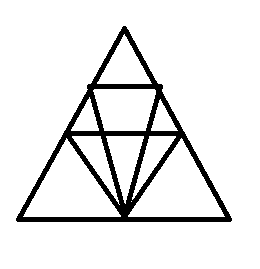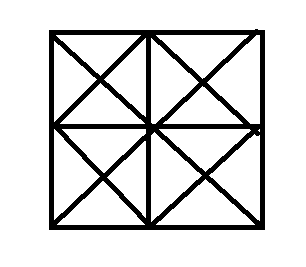Join ExamsbookAnswer : 1. "TRUE"
In the following pieces of code, B and D will compile without any error. True or false ?
A: StringBuffer sb1 = "abcd";
B: Boolean b = new Boolean("abcd");
C: byte b = 255;
D: int x = 0x1234;
E: float fl = 1.2;5
Q: In the following pieces of code, B and D will compile without any error. True or false ? A: StringBuffer sb1 = "abcd"; B: Boolean b = new Boolean("abcd"); C: byte b = 255; D: int x = 0x1234; E: float fl = 1.2;
- 1TRUEtrue
- 2FALSE Answer & Explanation Answer:false
- Show AnswerHide Answer
- Workspace
Answer : 1. "TRUE"
Explanation :
Answer: A) TRUE Explanation: The code segments B and D will compile without any error. A is not a valid way to construct a StringBuffer, you need to create a StringBuffer object using "new". B is a valid construction of a Boolean (any string other than "true" or "false" to the Boolean constructor will result in a Boolean with a value of "false"). C will fail to compile because the valid range for a byte is -128 to +127 (i.e., 8 bits, signed). D is correct, 0x1234 is the hexadecimal representation in java. E fails to compile because the compiler interprets 1.2 as a double being assigned to a float (down-casting), which is not valid. You either need an explicit cast, as in "(float)1.2" or "1.2f", to indicate a float.



